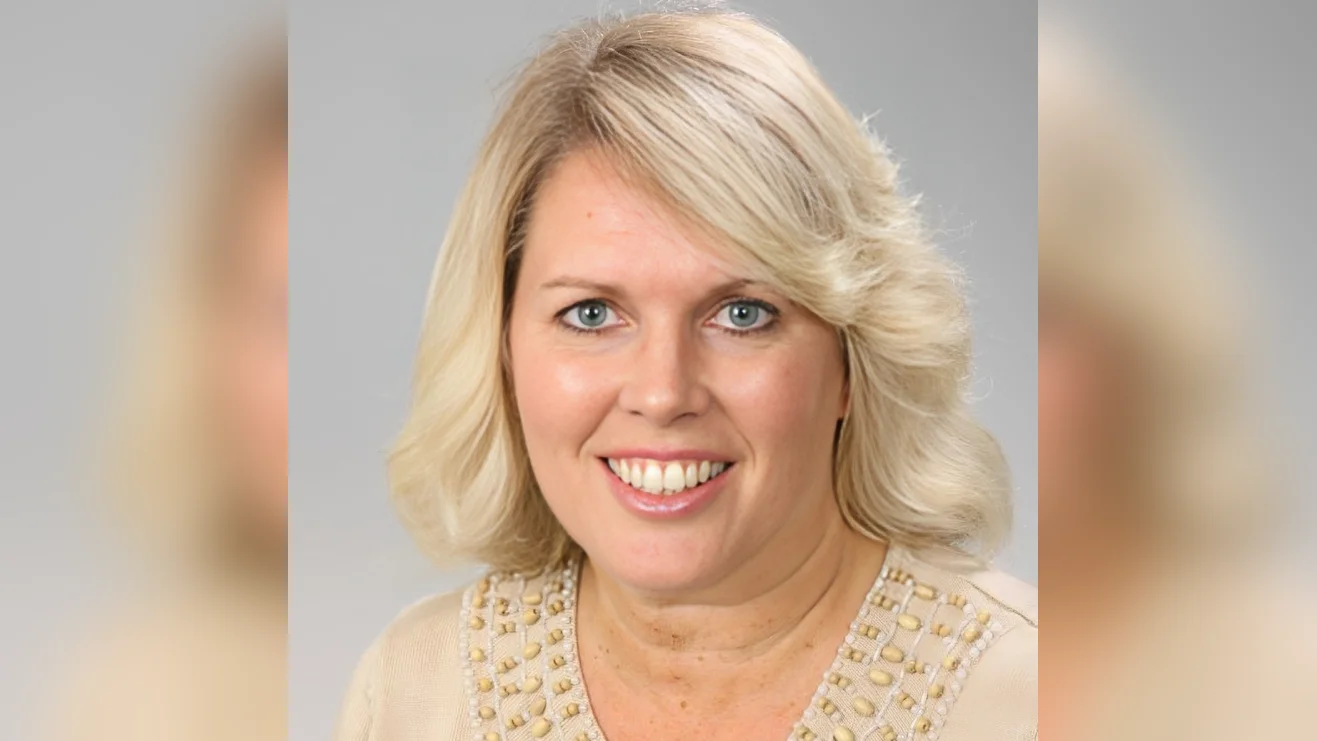
On a cold morning at Ocean County College's Toms River campus, students were seen heading to classes and checking their phones. The campus was lively, with parking lots filled with cars. However, colleges across the nation are preparing for a future where it will be increasingly challenging to fill classrooms.
Starting next year, college enrollment officials anticipate a smaller pool of applicants compared to previous generations. This trend is expected to persist for the next decade. Even in Ocean County, where the population is steadily growing, community college leaders foresee difficult years ahead.
James Hughes, Dean Emeritus of Rutgers University's Edward J. Bloustein School of Planning and Public Policy, explained the situation: “We’re facing the cliff because those born in ’08… they’re just entering their high school graduating years.” During the Great Recession from 2007 to 2009, economic uncertainty led to layoffs that impacted workers and families. As a result, fertility rates fell from a population-sustaining 2.0 to 2.1 lifetime births per woman before the recession to 1.6 lifetime births per woman in 2023.
“There was a brief flip up (of the trend line) post-pandemic, but then it’s continued to decline,” Hughes noted.
A report from December by the Federal Reserve Bank of Philadelphia forecasts that this "impending demographic cliff," along with low high school graduation rates and fewer high school graduates proceeding to college, may result in college closures nationwide.
“Over the next two decades, every year the number of college-age students is going to decline,” Hughes stated.